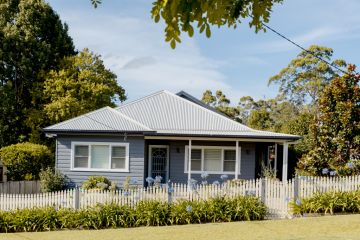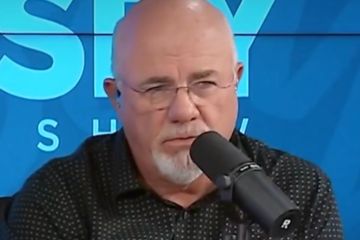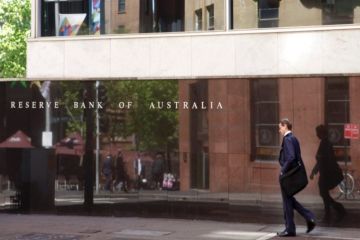Household budgeting for dummies: How to get on top of spending to save a deposit
Saving a deposit for your first home requires discipline and a thorough approach, because there are so many ways you can save and every little bit adds up.
Categorising your spending and working out where you can make savings is often the best approach.
But there are also lots of other ways you can manage your money so that you’ll save your deposit in no time at all.
Structure your accounts
One of the best ways to save is to have separate accounts for different purposes. Use one account for your needs, one for your wants, one for your worries and one for your deposit.
“Use fixed ratios to automate your money management,” suggests Jordan Vaka, a financial adviser with Make a Financial Difference. “We suggest depositing 60 per cent of your salary into your needs account and 20 per cent into your wants account.”
Then, divide the remaining 20 per cent into the worries and deposit accounts. “More aggressive savers can increase this last figure,” he says.
Even better, Prashant Nagarajan, co-founder of financial services firm Finnacle, suggests setting up your deposit account in a different bank to your main bank accounts. “This may help avoid the temptation of using your deposit money just because it’s there,” he said. “Out of sight, out of mind.”
Nagarajan suggests setting up an automatic recurring transfer into your accounts one day after your payday so money automatically moves into your different buckets.
Pool your resources
Although he’s only 19, Nicholas Muscat, founder of Aussie Money Media and a host of other micro start-ups, has a slew of wise tips to save your deposit fast.
“Live in a share house,” he advises. “It is much cheaper to rent with someone or multiple people than live alone.”
And that’s just the start. Car pooling to work or university and using public transport are other great money saving tips.
Using fuel apps to find the cheapest petrol, buying a second-hand car, using regular rather than premium fuel and even maintaining your tyres are some of his other hacks.
“Pump up your tyres because your car uses a lot more fuel with low air in them,” he said.
Some of Muscat’s other ideas for joining forces to save include buying food in bulk and splitting the cost of memberships such as Netflix.
Don’t fall for fake sales
“Sales may give you a nudge to make you buy something you don’t really need,” says Ted Richards from automated investment service Six Park. “Ask yourself how genuine a discount really is.”
Richards says the excited feeling you get at the prospect of getting a bargain when you see an item reduced from, say, $500 to $250 is known as the anchoring effect.
“The seller told you the item was originally priced at $500 but it may not have been. To avoid falling for fake discounts, do some research online before you hit the shops.”
Be aware of the status quo bias
The status quo bias means we can incorrectly perceive change as a loss, which restricts us from altering our actions so they benefit us.
To save for a home deposit you may need to make changes such as renting a cheaper property or increasing your savings rate. The changes are not necessarily for the worse; they could be for the better.
“The status quo bias is so powerful we often continue to do the same things due to fear of change,” says Richards.
“That’s why budgeting is so hard to start, and why we often stick with our utility suppliers, insurance companies and even our superannuation fund simply because we unrealistically fear a potential loss if we change things up.”
To avoid this behaviour, think through some actions you could change that will help you save faster for a deposit, such as reducing your spending.
Of course, this extends to buying those little luxuries – so if smashed avocado is your go-to breakfast, take this as a hint it may be time to reconsider how you spend your money if you want to budget better to save for your deposit faster.
Top tips to save
- Use electricity-saving light bulbs and appliances.
- Reduce your water temperature or use cold water in washing machines and dishwashers.
- Install water-saving shower heads and taps.
- Turn off electronics such as computers and lights when you’re not using them.
- Take bags to the supermarket rather than buying them.
- Buy food in bulk.
- Buy home brand products.
- Drink water rather than soft drinks or takeaway coffees.
- Reduce your reliance on meal delivery services.
- Walk or work out outside rather than joining a gym.
- Hang out wet clothes rather than using a dryer.
- Offer to pay cash for a discount.
- Negotiate discounts for utilities and insurances.
- Shop around before booking holidays.
- Shop out of season – buy jumpers in January.
- Buy second-hand.
We thought you might like
States
Capital Cities
Capital Cities - Rentals
Popular Areas
Allhomes
More










